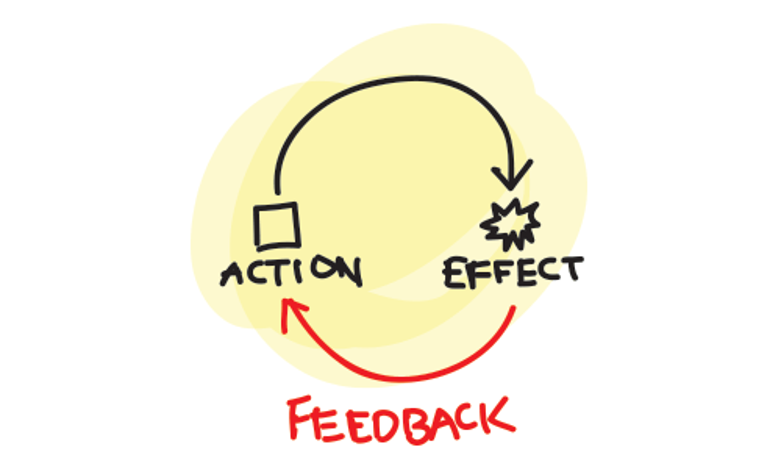This blog post is part of a series of articles I wrote about communication, data, and how to speak the language of your stakeholders in the interaction between your localization department and the rest of the company. The right use of data is important, as is using the proper tools to manage your localization process and reporting.

Reporting strategy
In my previous articles, it was established that reporting is crucial. Even more important though, is relevant reporting: if you plan to share your findings with other departments, don’t focus too much on metrics and reports that are relevant only to your department. Make sure you report on data and findings that will be interesting to the rest of the business.
How do you decide what the best and most relevant piece of information is? It’s all about understanding the data your stakeholder uses for their forecasts and business cases, and how they define success.
Example: your product team’s strategy is to create a stable, loyal community that will promote your product for you to a high extent. NPS is probably a metric they will use to report on success. But metrics and KPIs such as retention rates, daily active users and overall rating of the product might be important for them as well.
As a localization team, what can you do in your reporting to add value in this context? In this example, localization quality reports are interesting when they have an impact on user retention. This depends on the purpose of the content. But there is also community sentiment you could analyze and deliver intelligence for the relevant teams. For instance, you could do research in local markets and measure the feedback you find on several online platforms. Position your team as one that goes beyond “we’ll translate this for you”. Add expertise such as native speaker insights in community sentiment. Or work together with community management or customer support teams to make this a joint effort.

When to report
With our Player Experience team, we found a weekly report to be the most efficient. It was information we shared just before the product teams had their weekly meeting and our reports were frequent enough to potentially influence their two-week sprints.
What you share needs to be relevant and insightful. Overkill will not do your team any good. People don’t read reports for fun (most of them, at least), but if they feel that they can use the information to their benefit, they will be grateful.

Feedback loops
So, you’ve set up a process for localization, implemented the right tools and platforms and established the pipeline for your reports. Now you need to make sure the process is doing what it’s supposed to, and that it’s adding value to the company. Feedback loops are incredibly important. Teams tend to focus on giving feedback when improvement is needed. But it is just as important to provide feedback when things are going well, to confirm a correct process and to motivate teams to keep it up.
One very effective way to get and provide feedback is to “infiltrate” your team in other team meetings, such as standups. Not only does your team stay up to date on what is happening in other teams, but you can also iron out any wrinkles in the process immediately when needed.
Conclusion
Localization doesn’t start and stop with processing service requests. You can empower your team to go a step further, show that the team understands what the company is trying to achieve and show you can add value in many ways. Create an effective localization strategy by listening to what the business needs and positioning the team as an important strategic partner. Be proactive, think ahead and do not isolate the team. The responsibility as a manager is to open doors and keep communicating both horizontally and vertically.
If you want to know more about this, or about localization strategy and operations in general, please feel free to PM me on Linkedin, or leave a question in the comments below.

Patricia Doest
Patricia Doest is a content and localization leader with over a decade of experience, mostly in managing localization strategies in the gaming industry. She has a university degree in Language and Culture, with a specialization in English and Portuguese. Her motto is “think global, act local”, and she has a strong drive to build bridges between localization and content departments with the rest of the business.

Leave A Comment